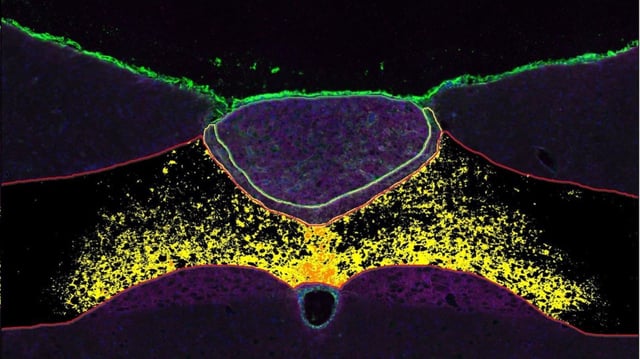Overview
- Researchers identified octadecaneuropeptide (ODN) as a natural appetite suppressant produced by astrocytes in the hindbrain.
- A modified peptide, tridecaneuropeptide (TDN), was engineered for systemic injection to mimic ODN’s effects without brain surgery.
- In studies with obese mice and musk shrews, TDN administration led to significant weight loss and enhanced insulin response without triggering nausea or vomiting.
- TDN works by engaging downstream astrocyte pathways rather than neurons, potentially sidestepping gastrointestinal side effects common to GLP-1 drugs.
- CoronationBio has been launched to advance ODN derivatives into human trials slated for 2026 and 2027.
